Góngora and the origin of The Solitudes (Las Soledades)

In 1593 Luis de Góngora was a deacon at the Cathedral of his native Córdoba. Although he had previously been censured for writing profanes lyrics and poetry the archbishop continued to send him to other dioceses at his own behest. During one of these trips to his alma mater Salamanca he suffered a seizure or stroke and slipped into a coma. His experience during this illness would mark the beginning of his mysterious, long poem The Solitudes. These are two sonnets he wrote after his recovery:
About an ill wayfarer who fell in love in the place where he stopped to rest.
A lost and sickly pilgrim
In the midst of a dark night with stumbling gait
Crossed the confusion of the desert
and with uneven steps he called out in vain.
He heard the repeated barking
Of an awakened but faraway dog
And found charity, if not the way home,
in a shepherd’s badly roofed shelter
The sun came out
And hidden among mink furs
The sleeping beauty startled
The ill wayfarer with sweet rage.
He will pay for such hospitality with his life
And it would be better for him to wander the mountains
Than perish the way I do now.
(1594)
DE UN CAMINANTE ENFERMO QUE SE ENAMORÓ DONDE FUE HOSPEDADO
Descaminado, enfermo, peregrino
En tenebrosa noche, con pie incierto
La confusión pisando del desierto,
Voces en vano dio, pasos sin tino. Repetido latir, si no vecino,
Distincto oyó de can siempre despierto,
Y en pastoral albergue mal cubierto
Piedad halló, si no halló camino.
Salió el sol, y entre armiños escondida,
Soñolienta beldad con dulce saña
Salteó al no bien sano pasajero.
Pagará el hospedaje con la vida;
Más le valiera errar en la montaña,
Que morir de la suerte que yo muero.
This sonnet has several illusions which must be explained. The Torme is the river that runs through Salamanca. And Lazarillo de Tormes was a character from the precursor of all Picaresque Novels. The boy Lazarillo has various masters after the demise of his parents. The first of which is a blind beggar. In Spanish lazarillo- 'means a guide for the blind' This master of his was very cruel to the boy so he took revenge on him before leaving his service. Lazarillo is also a variation of the name Lazaro the Spanish form of Lazarus, Jesus' friend whom He brought back to life.
The river Tormes had me for dead near its shores
In a deep catatonic slumber
When Golden Sir Apollo
Thrice released his horses
My resurrection was a miracle
Like Lazarus’ return to the world
So I am already reckoned as Castile’s second
Lazarillo de Tormes.
I entered the service of a blind man
My soul held lifeless in a sweet fire
That’ll reduce me to ashes.
How fortunate I would be then
If I imitated Lazarillo one day
In the revenge he took on the blind beggar!
(1593-4)
Muerto me lloró el Tormes en su orilla,
En un parasismal sueño profundo,
En cuanto don Apolo el rubicundo
Tres veces sus caballos desensilla.
Fue mi resurrección la maravilla
Que de Lázaro fue la vuelta al mundo,
De suerte que ya soy otro segundo
Lazarillo de Tormes en Castilla.
Entré a servir a un ciego, que me envía,
Sin alma vivo, y en un dulce fuego,
Que ceniza hará la vida mía.
¡Oh qué dichoso que sería yo luego,
Si a Lazarillo le imitase un día
En la venganza que tomó del ciego!

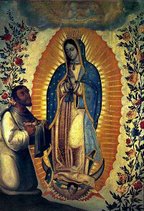
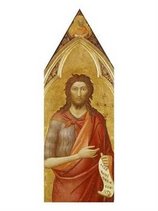


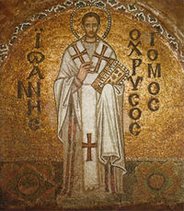
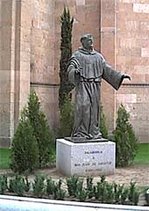

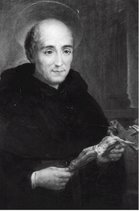
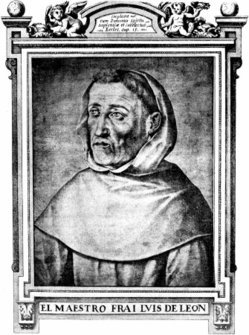
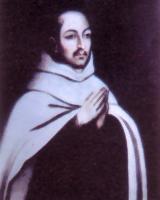



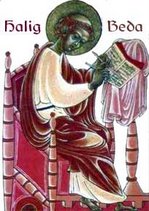
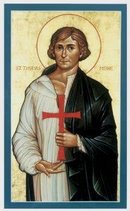
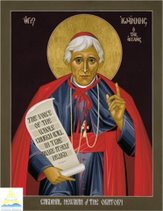




No comments:
Post a Comment